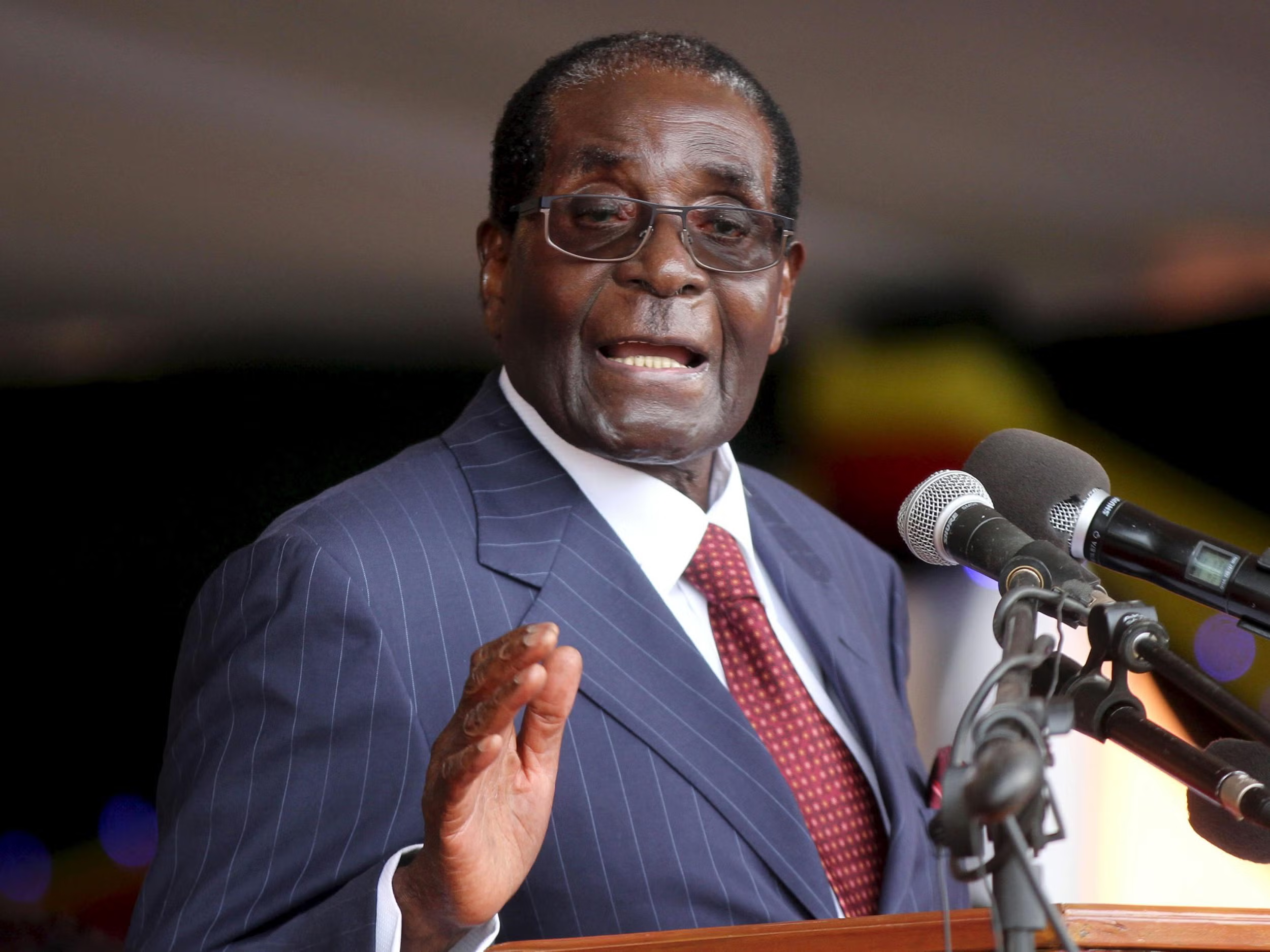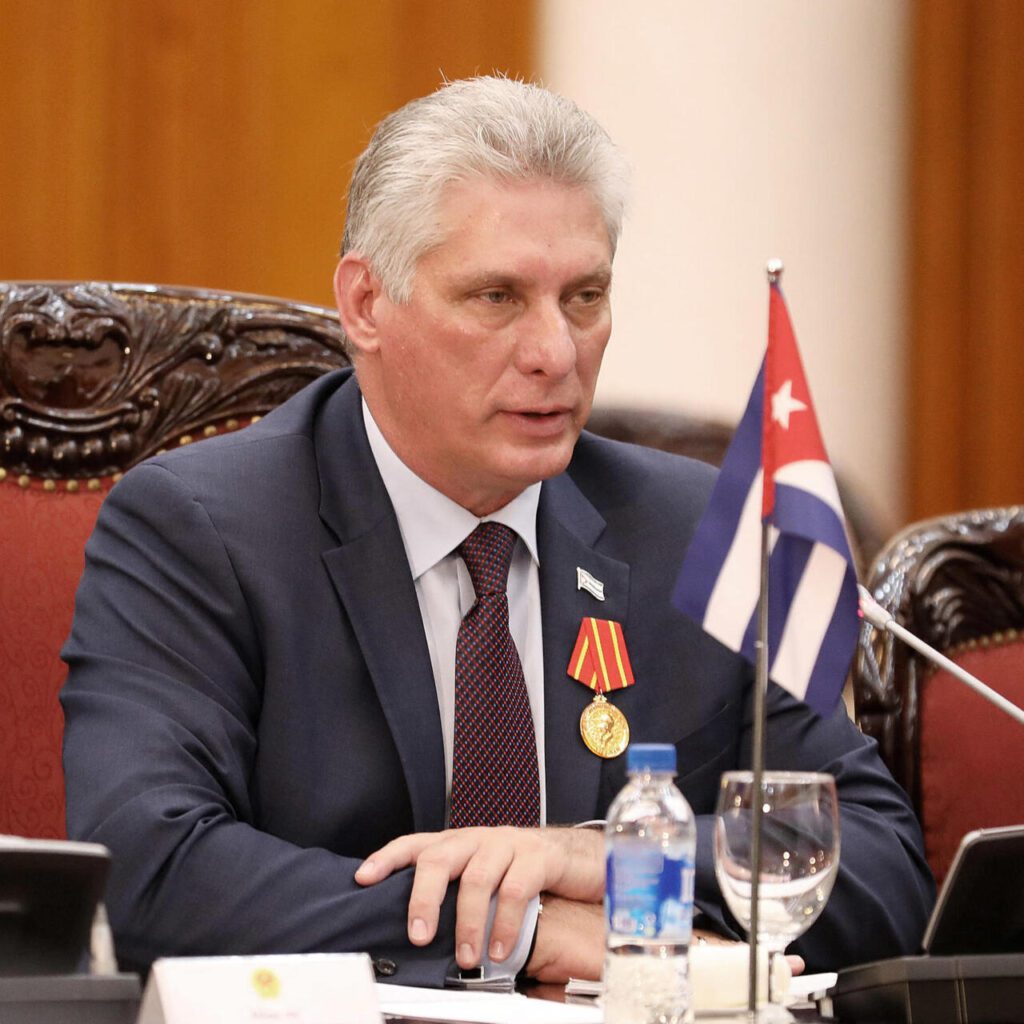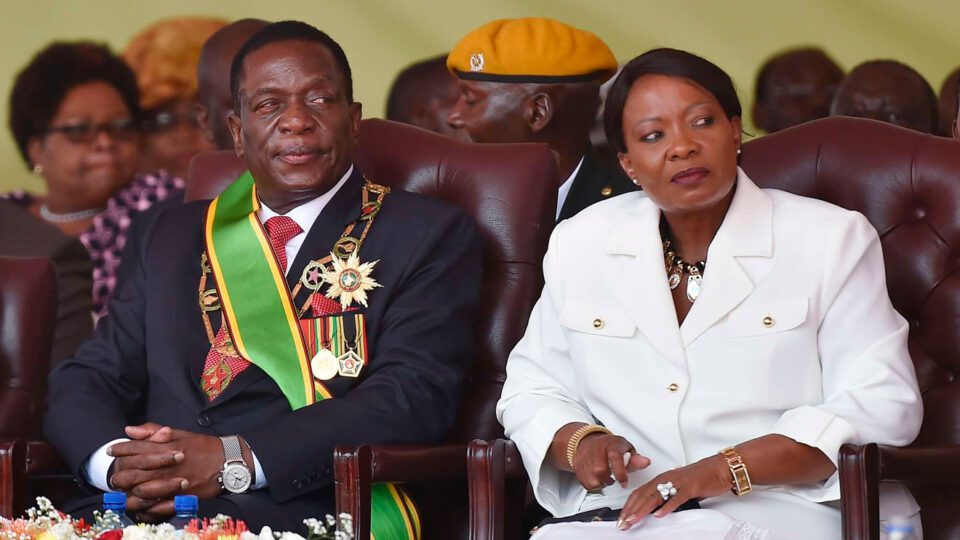Latest in March 2024, the United States imposed new sanctions on 11 Zimbabwean individuals, including President Emmerson Mnangagwa and his wife, and other officials, following allegations of corruption and human rights abuses. It also placed sanctions on three businesses – also because of alleged corruption, human rights abuses and election rigging.
The move came after a review of US sanctions which have been in place since 2003. From now on, sanctions on Zimbabwe will apply to individuals and businesses listed under the Global Magnitsky Act of 2016. This Act authorises the US government to sanction foreign government officials worldwide for alleged human rights abuses, freeze their assets, and ban them from entering the US on unofficial business.
The late President Robert Mugabe called sanctions an interference in the affairs of Zimbabwe, a sovereign state. In response, he declared a “look East” policy, meaning Zimbabwe would strengthen economic ties with countries such as China and Russia, which he regarded as more supportive. He also forged stronger ties with other sanctioned countries, including Belarus and Iran.

Zimbabwe is one of the countries having various sanctions from the West since Robert Mugabe regime but despite all the deliberations it’s one of the most corrupt countries having a record of human rights abuses and political crisis an indicator that the presence of sanctions isn’t an alternative.
Sanctions can generate meaningful change only about forty percent of the time . Years of sanctions failed in North Korea, Venezuela, and Iraq. Cuba has faced layers of U.S. trade and arms embargoes since 1960. The Communist regime is still in power. The Syrian President, Bashar al-Assad faced multiple sanctions for his brutal repression after the Arab Spring uprising, in 2011, turned into a civil war. Hundreds of thousands have died, yet Assad is still firmly entrenched in Damascus.

The Iran model, which the U.S. has invoked for Russia, has had gyrating effects. Sanctions also produce heartbreak. The agony is the differential in timing. A gun, shell, or bomb can kill in seconds. Sanctions take a comparative eon in the scheme of war or a humanitarian crisis.
Advertisement.




